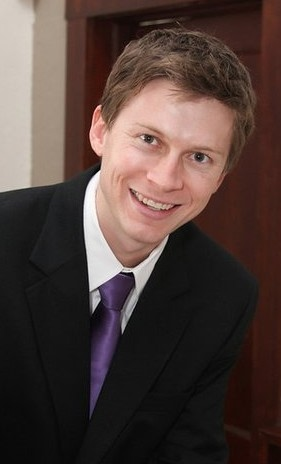Thomas Jefferson once proclaimed that "the cornerstone of democracy rests on the foundation of an educated electorate." In keeping with that ideal, the Print Education Committee solicited campaign platforms from each Executive Board candidate, and we've published them here to help you make an informed decision during the election on March 21st.Submitting responses to our questionnaire was voluntary for candidates to complete, and platforms have not been edited or altered. We asked the following three questions:
- What's your campaign platform and why are you qualified to hold office?
- With which economic school do you align?
- Keynesianism
- Classical
- Chicago
- Marxism
- Other
- If you had the labor and capital to produce any of the following, which would you put on the market?
- Lightsabers
- Domesticated dinosaurs
- DeLorean time travel machine
- Other
PresidentMercedes Marquez
- What's your campaign platform and why are you qualified to hold office?
Hello, I am a junior pursuing a dual degree in Management Information Systems and Economics as well as a minor in Information Sciences and Technology. I have been actively involved in the Penn State University Economics Association since the first month of my freshman year. I held various positions within the club (Fundraising/ Philanthropy Associate, Fundraising Coordinator, Social Education Associate), attended the two most recent Washington, D.C. trips, and participated in numerous other PSUEA functions. This year, I am running for two positions within the association: President and Vice President of Education.
PSUEA has been one of the most important entities in shaping my collegiate experience. Serving as president would be not only an honor, but also a means in which I can ensure that future members will have an experience equally as beneficial and impactful as my experience has been. If I were to become president, my top priorities would be recruitment and retention. I believe that as a club, we offer tremendous resources to students — such as study sessions, professional development events, access to research/intern/employment opportunities, community involvement, creative education enhancement, and social engagement. These resources are extremely appealing to a wide range of college students. If the organization is able to engage a larger group of students, PSUEA will attain significant improvements in event attendance and collaborative accomplishments. Member retention is a challenge that student organizations often face and is best prevented by encouraging active engagement. Providing incentives and explaining the benefits of repeated participation will promote prospective members to become more active within the club and stay active for a longer period of time. If elected, I will be sure to focus on providing resources and promoting events that are important and interesting to the organization’s members.
I am also running for Vice President of Education. The education committee provides a wide variety of benefits to the club, including interesting and relevant economic presentations, publications filled with information pertaining to current events, and economic research insights. I am very interested in executing one of the most crucial tasks assigned to PSUEA — supplementing members’ economic education in a productive fashion. I have several ideas for furthering the education committee’s objectives. First, I believe that study sessions are a valuable resource and we can expand upon our current program by adding more “quick courses” that may be helpful to students. The subject of these courses may include, but are not limited to: programming, STATA, research methods, and professional development. Second, I would like to promote study sessions among specific courses by grouping students in similar courses together, outlining due dates and course objectives, and coordinating study rooms before homework assignments and exams. Third, I would advocate for more research opportunities for undergraduates, as I believe these experiences provide valuable tools to members that will prove useful in their academic and professional careers.
I am very passionate about the Economics Association, as the organization has made a significant impression on my collegiate career. Regardless of my position, I will strive to create a positive and lasting impact on the organization and its members. Thank you all for your consideration.
- With which economic school do you align?
Keynesianism
- If you had the labor and capital to produce any of the following, which would you put on the market?
Time-Turner (a timepiece used for time travel, see Harry Potter and the Prisoner of Azkaban)
Oga Batyeruult
Vice President of EducationVictoria Phelps
- What's your campaign platform and why are you qualified to hold office?
This past year I served as a Business Education Associate. Through this experience I was able to learn more about EA and what the education committee does. I knew immediately that I want to serve on an education committee because I think it plays an integral role in what the PSUEA's mission stands for. The EA serves as a group that encourages to take learning outside of the classroom. The Education committee accomplishes this goal. My platform is to continuing doing what we excel at while trying to improve in areas we lack. I think overall the presentations that both business ed and social ed do are fantastic and is a true testament to the individuals who lead and work on those committees. Similarly The Optimal Bundle does a great job of putting out interesting articles that are extremely informative. I do however think we can improve and expand the Education Committee. I think it would be beneficial to run more simulations that are thought provoking and engaging. I would like to also establish an Economics Book List that would allow any member to suggest readings that are interesting and about economics. Lastly I think we need to be more clear that anyone can write for The Optimal Bundle and encourage new members to take part even though they may not be an associate for the Education Committee.
- With which economic school do you align?
Chicago
- If you had the labor and capital to produce any of the following, which would you put on the market?
Teleportation devices
Mercedes Marquez
- What's your campaign platform and why are you qualified to hold office?
Hello, I am a junior pursuing a dual degree in Management Information Systems and Economics as well as a minor in Information Sciences and Technology. I have been actively involved in the Penn State University Economics Association since the first month of my freshman year. I held various positions within the club (Fundraising/ Philanthropy Associate, Fundraising Coordinator, Social Education Associate), attended the two most recent Washington, D.C. trips, and participated in numerous other PSUEA functions. This year, I am running for two positions within the association: President and Vice President of Education.
PSUEA has been one of the most important entities in shaping my collegiate experience. Serving as president would be not only an honor, but also a means in which I can ensure that future members will have an experience equally as beneficial and impactful as my experience has been. If I were to become president, my top priorities would be recruitment and retention. I believe that as a club, we offer tremendous resources to students — such as study sessions, professional development events, access to research/intern/employment opportunities, community involvement, creative education enhancement, and social engagement. These resources are extremely appealing to a wide range of college students. If the organization is able to engage a larger group of students, PSUEA will attain significant improvements in event attendance and collaborative accomplishments. Member retention is a challenge that student organizations often face and is best prevented by encouraging active engagement. Providing incentives and explaining the benefits of repeated participation will promote prospective members to become more active within the club and stay active for a longer period of time. If elected, I will be sure to focus on providing resources and promoting events that are important and interesting to the organization’s members.
I am also running for Vice President of Education. The education committee provides a wide variety of benefits to the club, including interesting and relevant economic presentations, publications filled with information pertaining to current events, and economic research insights. I am very interested in executing one of the most crucial tasks assigned to PSUEA — supplementing members’ economic education in a productive fashion. I have several ideas for furthering the education committee’s objectives. First, I believe that study sessions are a valuable resource and we can expand upon our current program by adding more “quick courses” that may be helpful to students. The subject of these courses may include, but are not limited to: programming, STATA, research methods, and professional development. Second, I would like to promote study sessions among specific courses by grouping students in similar courses together, outlining due dates and course objectives, and coordinating study rooms before homework assignments and exams. Third, I would advocate for more research opportunities for undergraduates, as I believe these experiences provide valuable tools to members that will prove useful in their academic and professional careers.
I am very passionate about the Economics Association, as the organization has made a significant impression on my collegiate career. Regardless of my position, I will strive to create a positive and lasting impact on the organization and its members. Thank you all for your consideration.
Keynesianism
- If you had the labor and capital to produce any of the following, which would you put on the market?
Time-Turner (a timepiece used for time travel, see Harry Potter and the Prisoner of Azkaban)
Vice President of CommunicationsCourtney Hummel
- What's your campaign platform and why are you qualified to hold office?
My name is Courtney Hummel and I currently serve as the Alumni Relations Coordinator. Getting involved with the Penn State Economics Association has been one of the best decisions that I have made throughout my college career. Outside of EA, I serve as the Executive Director of Governmental Affairs of the University Park Undergraduate Association and the Fundraising Chair of Phi Alpha Delta, Pre-Law Fraternity.
Throughout my involvement in the Association, I have made incredible friends, mentors, and connections with companies and alumni. I am seeking the office of Vice President of Communications because I am dedicated to bettering student life at Penn State. I am passionate about allowing students to grow both academically and professionally outside of the classroom, and my past involvement has prepared me for this position.
My platform focuses on three areas: Transparency, Visibility, and Involvement.
Transparency:
- Upload the Association Constitution on website
- Distribute an end of semester financial disclosure statement to dues paying members
- Expedite the Associate application and interview process
- Create an environment that promotes positive progress and accountability among the Executive Board, Coordinators, and Associates
Visibility:
- Increase outreach to students on campus to increase membership
- Secure corporate sponsors for the Association
- Hold a monthly "EA Speaker Series" with companies and organizations
- Continue EA Exclusive Information Sessions with companies
Involvement:
- Implement explicit benefits for dues paying members
- Improve retention rate
- Plan more events outside of General Body Meetings that allow members to get to know one another
- Create an online form for suggestions for overall Association improvement
I would be honored to serve as your next VP of Communications. Thank you for your consideration.
-Courtney Hummel
- With which economic school do you align?
Supply-Side
- If you had the labor and capital to produce any of the following, which would you put on the market?
Lightsabers
Vice President of MarketingJohn Bernstein
- What's your campaign platform and why are you qualified to hold office?
I've worked my way up in the EA, starting as an A/V Associate, proceeding to A/V Coordinator, and now, hopefully, reaching the role as VP of Marketing. My principal goal in running for this position is to make a greater impact on the organization by helping to develop this relatively new role in the EA.
I've been interested in brand promotion for some time now, as I've been exposed to design from an early age. I've taken courses in graphic, photographic, and hand-drawn design and I feel that I have a good grasp of the fundamentals of using these media to propel a brand forward. As A/V Coordinator this semester, I've undertaken the task of editing the video content generated by our Education presentations as well as guiding the recording of other EA events. This experience, paired with my participation in the greater Marketing Committee, has made me more familiar with the inner-workings of the Committee - experience that only a few others have.
I chose to become involved with the EA because of the people the organization seems to attract. We all seem to share similar values and attitudes, and I've yet to find another group of people who balance fun and professionalism so well. Through my involvement, I have the opportunity to help to promote this environment and ensure that the organization's longevity is assured for future students to enjoy.
- With which economic school do you align?
Keynesianism
- If you had the labor and capital to produce any of the following, which would you put on the market?
Bacta tanks - they would provide much more utility to the galaxy than lightsabers ever could (plus real Jedi are principally a force-using organization - the movies are a dramatic interpretation because force powers are more expensive to churn out of CGI!!!)
Vice President of Finance
- No candidates; nominations for this position will be reopened at a future meeting






